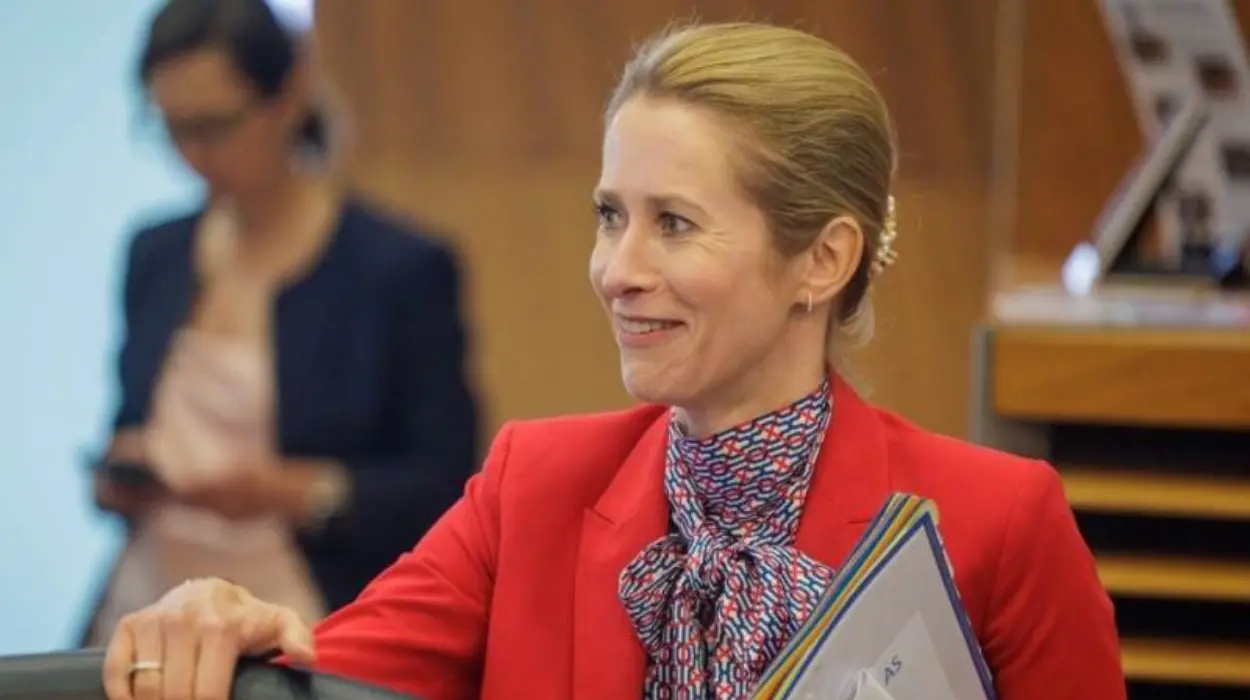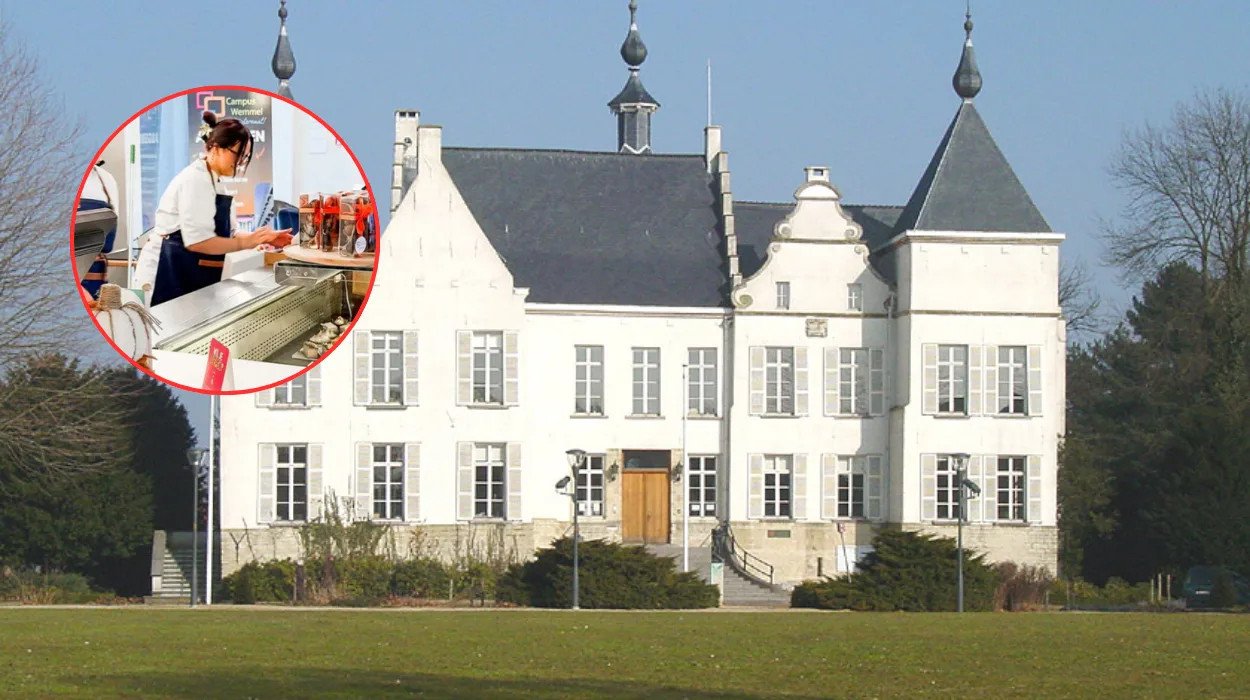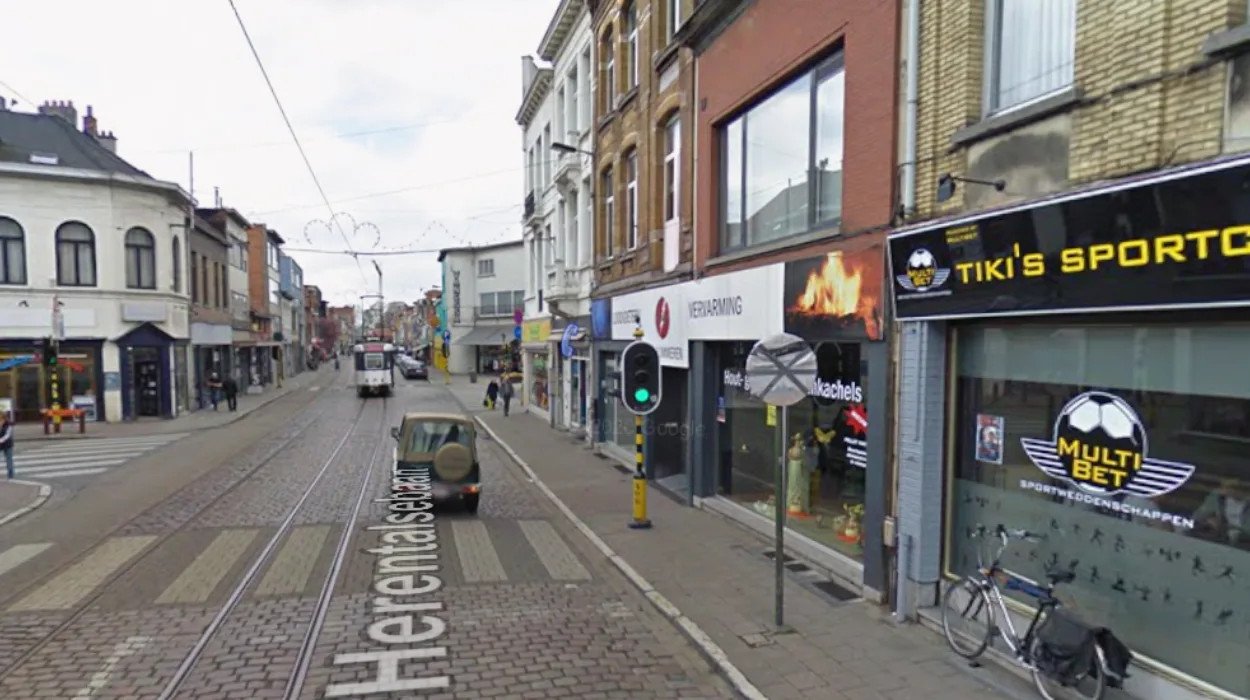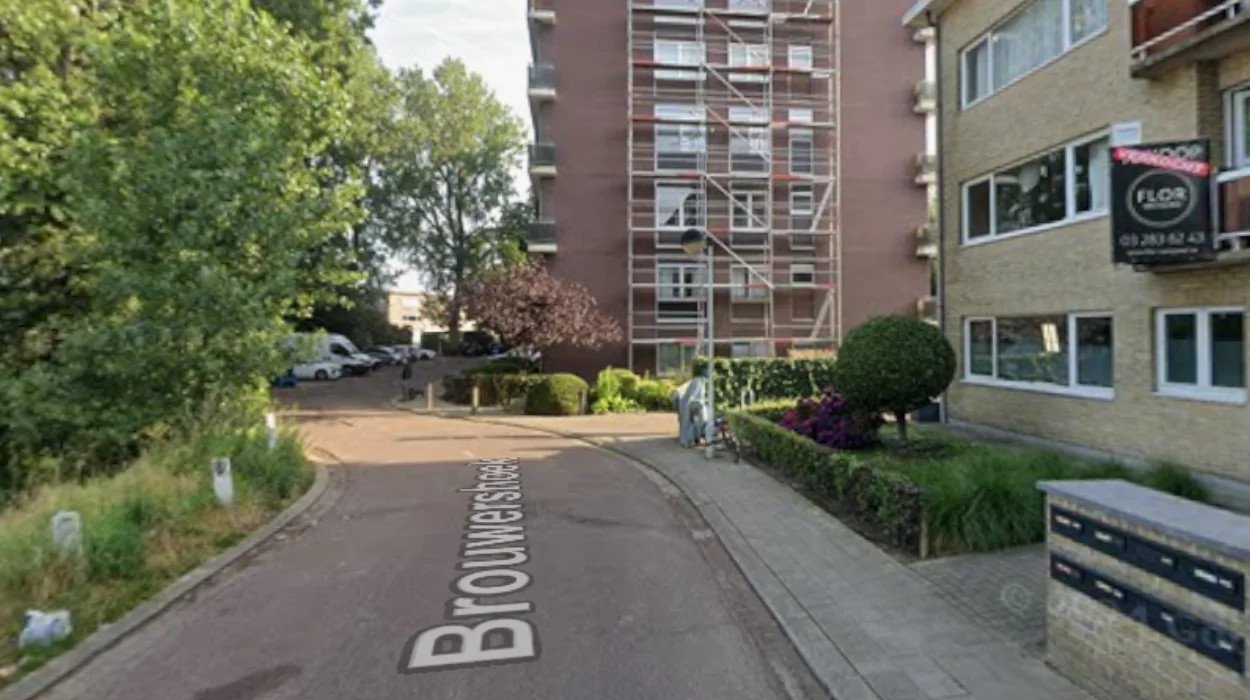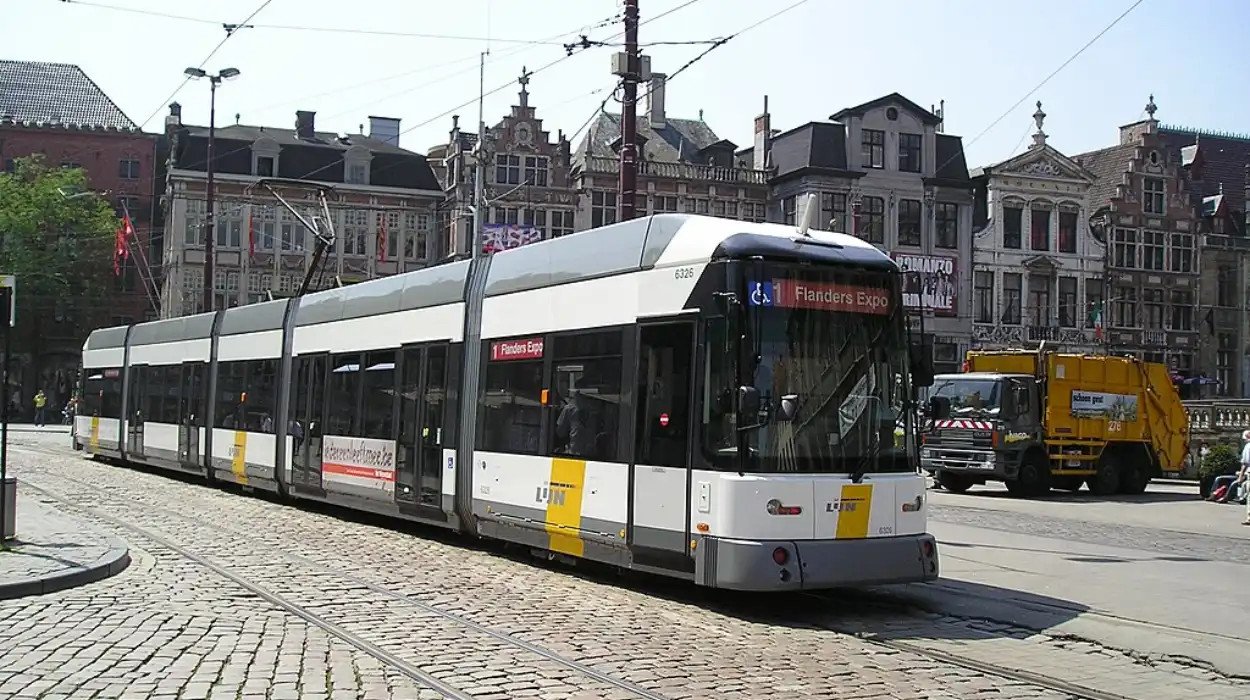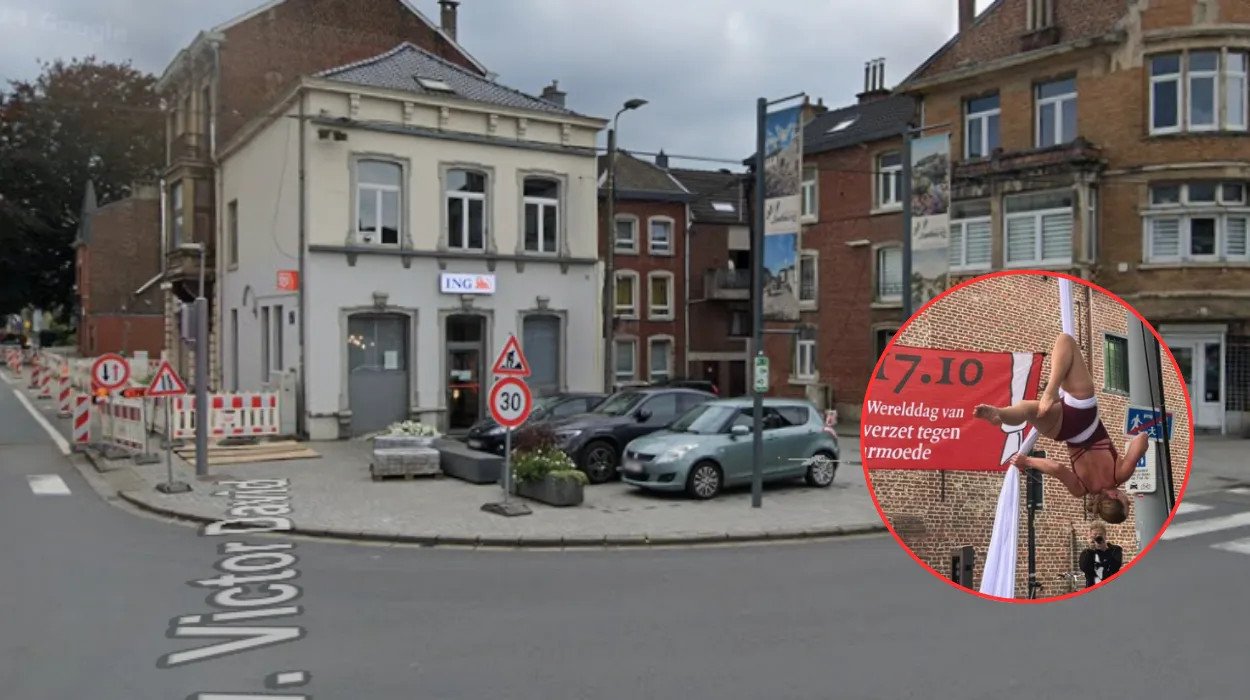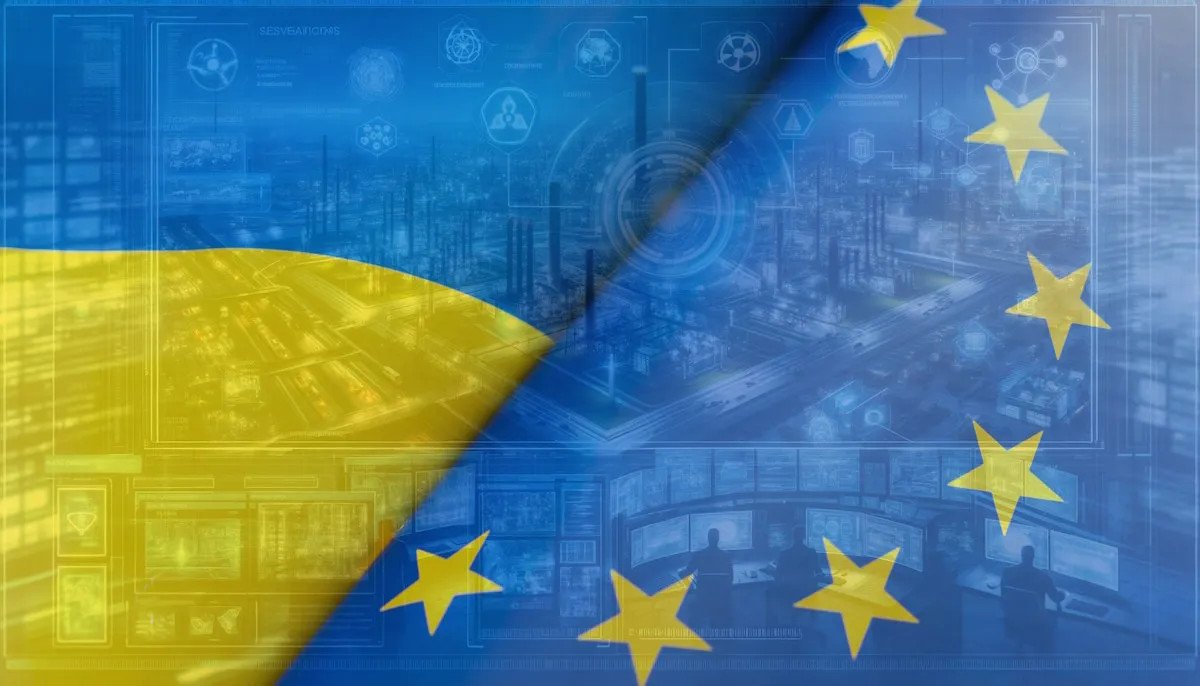Brussels – European Union foreign policy chief Kaja Kallas asserted on Tuesday that Russian President Vladimir Putin lacks genuine interest in negotiating a peace settlement for Ukraine, claiming he is merely “pretending” to engage in talks, reports 24brussels.
President Donald Trump has invited Putin to meet in Alaska on Friday, August 15, 2025, in an effort to resolve the ongoing war in Ukraine, which has now persisted for almost 18 months. This meeting will mark the first direct encounter between the two leaders since the onset of the conflict and follows Trump’s re-election in 2024.
Significantly, the summit has not extended formal invitations to either the European Union or Ukraine’s leadership.
Why does Kallas believe Putin is faking peace efforts?
In an interview with CNBC, Kallas, the High Representative for Foreign Affairs and Security Policy, emphasized that Putin seeks to exclude Ukrainian President Volodymyr Zelensky from the upcoming discussions with Trump, suggesting that Zelensky’s involvement could reveal Putin’s true agenda, which appears to aim at postponing sanctions and capturing a photo opportunity with the U.S. leader.
Kallas further asserted that Kyiv had previously consented to a ceasefire months ago, accusing Russia of “playing games” instead of pursuing genuine dialogue.
Why does the EU insist on Ukraine’s participation in talks?
Earlier, a majority of EU member states issued statements praising Trump’s initiative on Ukraine, while stressing the importance of including Kyiv in any peace negotiations. They asserted that authentic discussions could only occur under conditions of a ceasefire or a reduction in hostilities.
Twenty-six European leaders released a joint statement underscoring that Ukrainians must have the autonomy to determine their future and that diplomatic efforts should protect both Ukrainian and European interests.
“Meaningful negotiations can only take place in the context of a ceasefire or reduction of hostilities,”
the leaders remarked, reiterating that
“we share the conviction that a diplomatic solution must protect Ukraine’s and Europe’s vital security interests.”
“A just and lasting peace that brings stability and security must respect international law, including the principles of independence, sovereignty, territorial integrity, and that international borders must not be changed by force,”
they concluded.
